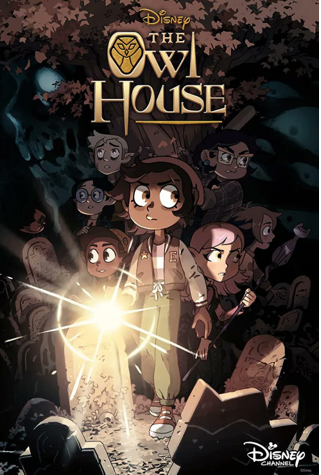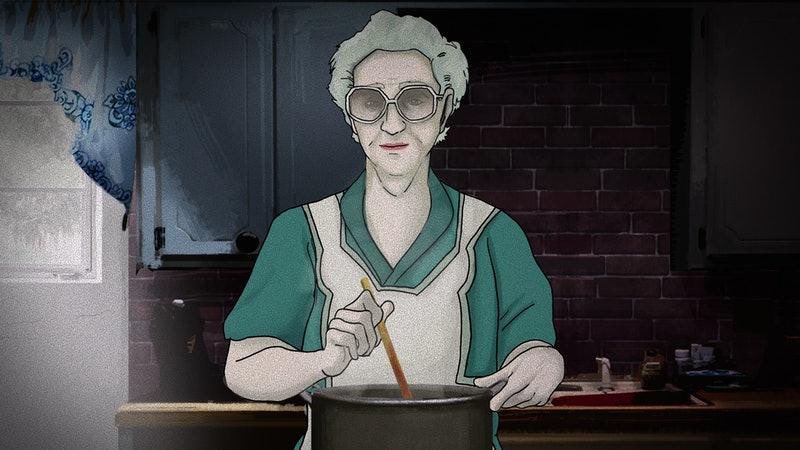By Danny Contreras
After years in the scene with multiple collaborations with the likes of Kid Cudi and Afrojack, Steve Aoki finally released his debut album, Wonderland. The album which features many solo artists on its songs is a perfect mixture of club, electronica and dubstep, with sure fire hits such as “Emergency” featuring Lil’ Jon; and “Livin’ My Love” with LMFAO and Nervo.
The album runs at about 50 minutes with twelve tracks, the longest clocking in at 6:53 minutes. Wonderland does not necessarily make a splash with its opening track, “Earthquakey People” which features Rivers Cuomo of Weezer fame. The music in the song does not stand out either; it borders between trance and dubstep without ever truly delving into either. It is a song pulled from techno limbo as the staccato leads do not truly stand out from the bass, and the sampled drums feel to have come from a recording of a garage band, not a techno producer.
Aoki, however, redeems himself quickly with “Dangerous.” The track features will.i.am as ‘Zuper Blahq’. The song feels saturated as will.i.am’s auto-tuned voice almost works as vocals and a type of lead. What stands out is Aoki’s ability in dubstep as the bass drums keep coming without the audience feeling overwhelmed. Surprisingly, the song can be quite catchy and definitely one used at parties. It blends well with the rest of the album, and while will.i.am’s saturated voice will be sure to annoy you, the song redeems itself with catchy riffs and chord progressions.
“Emergency” with Lil’ Jon & Chiddy Bang and “Livin’ My Love” with LMFAO & Nervo, are the most entertaining songs on the album. Lil Jon only says “emergency” throughout his cameo, but his traditional “yeaaah,” and “let’s go” makes it fun, catchy and uplifting. His raspy voice resonates throughout the three and a half minute song but never gets old. The following song, “Livin’ My Love” is just another one of LMFAO’s party anthems. The song follows a very basic structure of trance, build up and bass drop, to keep itself going and while it feels old and boring in other productions, in this song it blends as background noise because LMFAO’s silly lyrics are what you are paying the most attention to, not the music itself. Which almost feels like the opposite of what an album does, but honestly, the music does not truly stand out in this song.
The best song in the album, “The 80’s” featuring Angger Dimas, is the eighth track and also the longest song. Here we can here all of Aoki’s current influences, mainly Afrojack and R3hab. It begins with a basic 4/4 drum loop with nothing else backing it up other than white noise. Then following 30 seconds of loops, it goes into a simple arpeggio and staccato combined lead that sounds childish, cute and funny. The drums build up and a dirty-electro bass rips through the song, its pitch going up and down wildly. The song continues with this formula for its six minutes with a combination of lead and bass somewhere in the middle, akin to his Afrojack collaboration, “No Beef”.
Finally, we reach the tenth track of the album “Cudi the Kid” featuring Kid Cudi, the last track to truly stick out from the rest of the pack. Kid Cudi kills it with his pot-related rhymes and stories, but Aoki creates the best drum and bass dubstep song from the album. The first minute contains a 90’s inspired drum and bass loop which builds up to a ripping saw bass that builds up and down as if a tree were being cut. Cudi’s lyrics work extremely well with the song, although his auto-tuned voice may not be one everyone likes. The song then goes into a quick slow break where Cudi repeats the chorus, with the drum and bass loop slowly rising in the back, as it eventually leads to a build up that goes into the dubstep saw bass, with the only difference being the drum and bass loop being mixed into the dubstep.
The rest of the album feels like it cannot follow up with what came before, as it is all ‘bro’step, the annoying cousin of dubstep. It just contains a lot of drops. Rob Roy raps in one of the songs, sounding a little too much like Eminem’s “Slim Shady”-era singing, but it sounds too silly, too dumb to be enjoyed. The album ends soon after without notice, it pretty much ends.
The production overall is not necessarily the best, or a Grammy contender, but it does have its really good ups, however, its down are far too painful to be forgiven. In this case, nevertheless, we must, because the majority of songs are catchy electronica songs that adhere to the formula we know and love. We can expect many of these song to be remixed and used at the clubs, as Steve Aoki’s Wonderland is a fun, and worth buying production.





